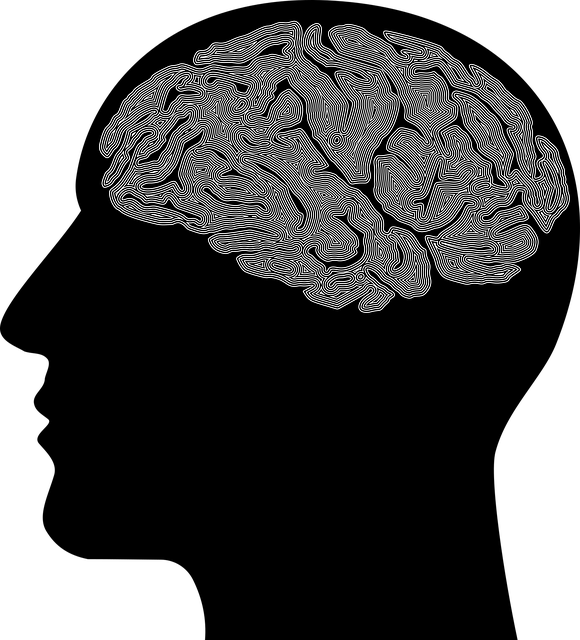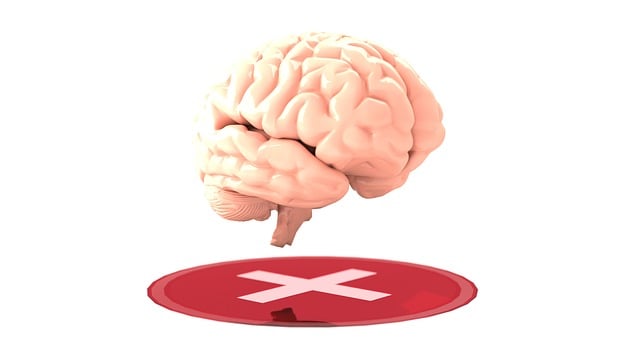Emotional intelligence (EI) is a powerful tool for individuals with Aurora Autism Spectrum Disorder (ASD), aiding them in navigating social interactions and daily life through emotional understanding, regulation, and empathy. ASD therapy should include self-awareness cultivation, emotion control skills training, and social interaction techniques to improve relationships and mental wellness. Holistic approaches like mindfulness training, empathy-building exercises, and trauma support services enhance overall well-being, making Aurora Autism Spectrum Disorder therapy more effective and inclusive.
Emotional intelligence (EQ) plays a pivotal role in enhancing the lives of individuals with Autism Spectrum Disorder (ASD). This article explores the concept of EQ and its profound impact on those navigating the ASD spectrum. We delve into evidence-based strategies tailored to Aurora Autism Spectrum Disorder Therapy, offering practical tools and techniques to foster emotional awareness and regulation. By understanding and cultivating EQ, individuals with ASD can better manage social interactions, improve communication, and enhance overall well-being.
- Understanding Emotional Intelligence and its Impact on Individuals with Autism Spectrum Disorder
- Strategies for Developing Emotional Intelligence in Aurora Autism Spectrum Disorder Therapy
- Practical Application: Tools and Techniques to Enhance Emotional Awareness and Regulation
Understanding Emotional Intelligence and its Impact on Individuals with Autism Spectrum Disorder

Emotional intelligence (EI) is a key aspect of human interaction and well-being that involves recognizing, understanding, and managing one’s own emotions, as well as empathizing with others. For individuals with Aurora Autism Spectrum Disorder (ASD), developing emotional intelligence can be transformative. ASD often presents unique challenges related to social communication and emotional expression, making EI skills essential for navigating relationships and daily life.
Understanding EI is crucial in the context of ASD therapy, particularly through programs like Community Outreach that foster mental wellness. By teaching individuals with ASD to identify and regulate their emotions, as well as to recognize the emotions of others, therapists can significantly enhance social interactions and overall quality of life. This includes strategies for depression prevention, ensuring individuals have the tools to manage stress and emotional difficulties effectively. Such interventions not only empower those with ASD but also contribute to a more inclusive and supportive community.
Strategies for Developing Emotional Intelligence in Aurora Autism Spectrum Disorder Therapy

Developing emotional intelligence (EI) is a vital aspect of Aurora Autism Spectrum Disorder (ASD) therapy, aiming to enhance individuals’ ability to understand and manage their emotions, as well as empathize with others. Therapeutic approaches should focus on fostering self-awareness, teaching emotional regulation skills, and promoting social interaction strategies. One effective method is incorporating compassion cultivation practices, which encourage clients to develop a deeper sense of understanding and kindness towards themselves and others. These practices can help reduce the impact of stigma associated with mental illness, a significant challenge often faced by individuals with ASD.
In addition, healthcare providers involved in ASD therapy should prioritize burnout prevention strategies. Given the demanding nature of this field, it’s crucial to support therapists’ emotional well-being. By integrating EI development techniques into their practice, therapists can improve patient outcomes while maintaining professional resilience. This holistic approach ensures that both the therapist and the client benefit from the therapeutic journey, fostering a more nurturing and effective treatment environment.
Practical Application: Tools and Techniques to Enhance Emotional Awareness and Regulation

Developing emotional intelligence (EI) is a powerful tool for anyone, especially those navigating challenges like Aurora Autism Spectrum Disorder (ASD). The practical application of EI lies in its ability to enhance self-awareness and regulation, fostering healthier relationships and improving overall well-being. Through various techniques, individuals can learn to recognize and manage their emotions more effectively.
One effective strategy is mindfulness training, which encourages focusing on the present moment and accepting feelings without judgment. This simple yet profound practice can help individuals with ASD gain better insight into their emotional states. Additionally, empathy-building strategies, such as perspective-taking exercises, allow them to understand others’ feelings, fostering more meaningful connections. Trauma support services also play a crucial role in EI development by providing safe spaces to process and manage intense emotions resulting from traumatic experiences.
Emotional intelligence (EI) plays a pivotal role in enhancing the lives of individuals with Autism Spectrum Disorder (ASD), and Aurora Autism Spectrum Disorder Therapy offers effective strategies for its development. By understanding EI and employing specific tools and techniques discussed in this article, therapists and caregivers can foster emotional awareness and regulation in those with ASD. These skills are essential for improving social interactions, managing stress, and promoting overall well-being, ultimately enriching their daily experiences and connections.











